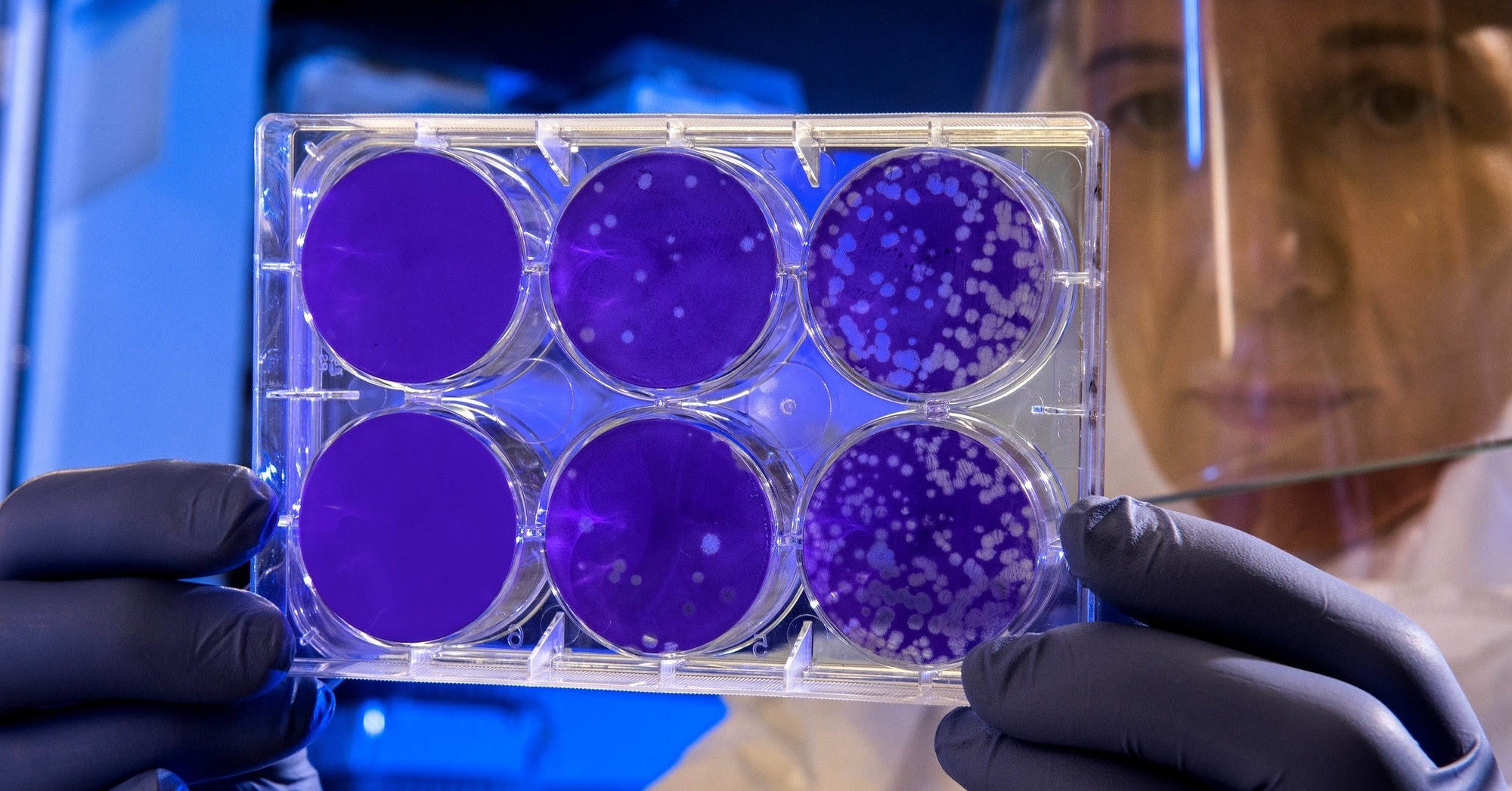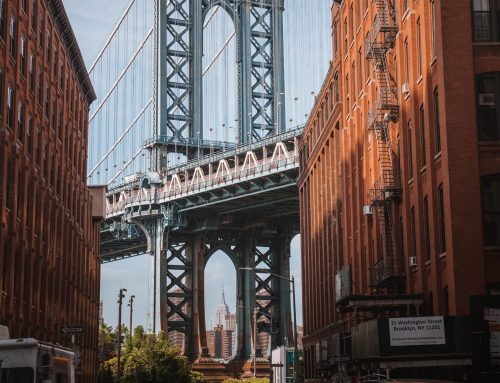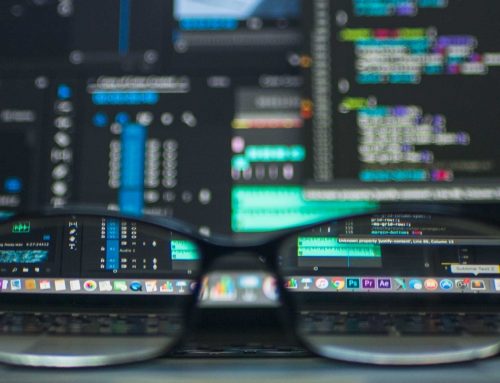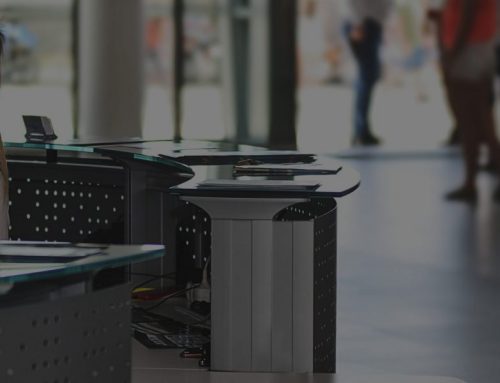Safety and Security Impacts as a Result of the Coronavirus (COVID-19)
Introduction
The Coronavirus, now officially named COVID-19 by the WHO has been a threat that was considered to be on the horizon for a few months, not requiring any immediate action. Many in the US have watched as China has taken unprecedented and draconian measures to control the spread which ultimately slowed the spread in China but not before the Coronavirus reached every continent in the world except for Antarctica.
Now, we’re looking at cases popping up on a local level throughout the US, some of which have been classified as “community spread.” Community spread means people have been infected with the virus in an area, including some who are not sure how or where they became infected. This makes the contact tracing for COVID-19 far more difficult for epidemiologists. Community spread changes the psychological response from the public; where the prevailing thought becomes that the virus has taken hold making it much more challenging to control and confidently avoid.
Business Response to COVID-19 in the US
The security industry and businesses as a whole in the US are starting to respond at different levels of caution. For some, it’s still business as normal with no issued guidance to the organization. For others, steps are already being taken to best insulate the organization from enabling the spread of the Coronavirus such as:
- Reinforcing general flu prevention tips
- Asking employees to remain home if they suspect they’re sick or someone in their household is suspected of being sick
- Cancellation of business events
- Cancellation of business non-critical travel
- Encouraging employees who can work remotely to do so
- Discouraging employees from bringing friends/family into the workplace
Safety and Security Considerations
The security guard industry finds itself in the same predicament that the entire service industry faces. We’re a people business, we rely on our security guards to be at their posts protecting our clients. Security guards and their supervisors don’t have the luxury of working remotely and self-isolating.
Most commuters in major US cities rely on mass-transit to get to and from work, security guards are no exception. The overwhelming majority of Corporate Security Resources’ security guards utilize mass transit within New York City regularly which adds more risk of exposure given the large number of commuters they will be in contact with. We are already exploring options to take our entire security guard force off their reliance on mass transit and enable them to get to work in the safest possible way with the least chance of exposure to COVID-19. We feel this is a critical step to ensuring the health of our employees as the risk of community spread in certain regions increases.
We’re also analyzing the risk each of our clients face and their level of exposure to the virus. For example, a healthcare facility which brings in a steady stream of sick or immunocompromised patients will present a high level of risk to security guards working in that environment and additional measures must be taken to minimize the risk of transmission. At the other end of the spectrum, some security guards will be posted at businesses and facilities with little person-to-person contact such as a construction site. Most businesses and in our case most of our clients fall in the middle of that risk spectrum.
Organizations are circulating their guidelines and practices for the prevention of Coronavirus within their internal channels, however, we’ve noticed that vendors such as contract security companies are not brought into those communications in every case. We think it’s critical that every vendor who shares or occupies the space of an organization be informed and aligned with each of their clients guidelines. In some cases, it may require having to prompt these discussions to understand the direction clients will be going if conditions worsen.
There is a very real likelihood that in the coming days or weeks the Coronavirus will hit closer to home and we’ll see direct impacts within our security roster or a client of ours sees the direct impact within their employee base. In either case we have already begun planning for the unfortunate possibility of these worst-case scenarios. Our mission is always to provide uninterrupted continuity of security services with the highest level of professionalism and diligence regardless of the environmental conditions. This could be challenged under threat from the Coronavirus but with double and triple redundancies in place and an extraordinary level of resiliency planning we feel confident that we’ll continue to deliver the security services our clients have come to rely on.
First responders are not immune from the potential impacts that the Coronavirus may create within the workforce of communities. In fact, they may face an even greater risk of exposure to the virus than the general population which would lead to the implementation of self-isolation or quarantine measures. This could stretch the numbers of first responders thin which would lead to increased response times or a shift in response to only the most serious reports and incidents. The preparation we do now as businesses should consider the potential for reduced responsiveness and availability of first responders.
Unlike natural disasters such as hurricanes, wildfires, or floods the Coronavirus threat is invisible and cannot be forecast to any degree of accuracy. We cannot harden our structures like we do against natural disasters, when it comes to a virus there’s no threat to physical assets, instead we must harden our people and mitigate their individual risk. We strongly recommend that cleaning and sanitization procedures be reviewed, certainly more frequent “deep cleans” and targeted sanitization of commonly touched surfaces or items be implemented within any organization.
Security can play a key role in preventing panic and calming fears. We’ll likely see this in the retail sector first where there have already been runs on the most sought after supplies and store shelves are left empty. How can security guards help? First would be to ensure that the shopping experiences stay orderly, helping customers form lines where necessary. Security should be ready to mediate any disputes between shoppers which could spark off over limited supply of sought-after goods. Communication is also key and should be coordinated between security and retail establishments. Security can communicate to shoppers that certain products are temporarily unavailable, using a reassuring tone that these will be back in stock shortly which will help to reduce tension and anger from panicked shoppers.
Full business closures or a push to work 100% remotely may come to the US and we must be prepared for this possibility. We are not anymore insulated from the same level of outbreak that has been seen in China, South Korea, or Italy, we may be more prepared given the additional time we have had here in the US. Organizations have been dusting off their business continuity plans, looking at their options if an office or even a headquarters will need to close for an extended period of time.
A key consideration must be given to how facilities will be secured in the event of complete closure. It’s often under these unfortunate circumstances that crimes of opportunity are most common. We’ve seen this throughout our history as a security company that during the holidays when businesses are presumed to be closed is when the highest rates of unlawful trespassing, breaking and entering, or even burglary occur. An extended closure due to the Coronavirus would be no different, it’s this dynamic that makes physical assets vulnerable from a viral outbreak.
We recommend organizations review their security posture and presence in the event that facilities need to remain closed, a plan should be in place to ensure their protection. While there have not been any reports of widespread looting or rioting, these possibilities should not be discounted when reviewing business continuity plans and mitigation strategies to protect people and physical assets from these threats.
Even though the current COVID-19 virus has not yet been classified as a pandemic, it does have the hallmarks and potential to become a pandemic. It’s encouraging to see businesses here in the US take the amount of proactive measures they have, however, it’s hard to say with absolute confidence that we can ever be truly prepared for a pandemic. Whatever may happen, it’s better to be overprepared and underwhelmed than it is to be underprepared and overwhelmed.
Additional Resources:
Our partner and trainer for workplace violence and active shooter preparedness has put together an exhaustive paper diving further into the business, economic, social, and psychological, and health impacts of COVID-19 which can be found here:
Are Your Ready for the Next Pandemic-COVID-19
Centers for Disease Control and Prevention – Preventing COVID-19 Spread in Communities






